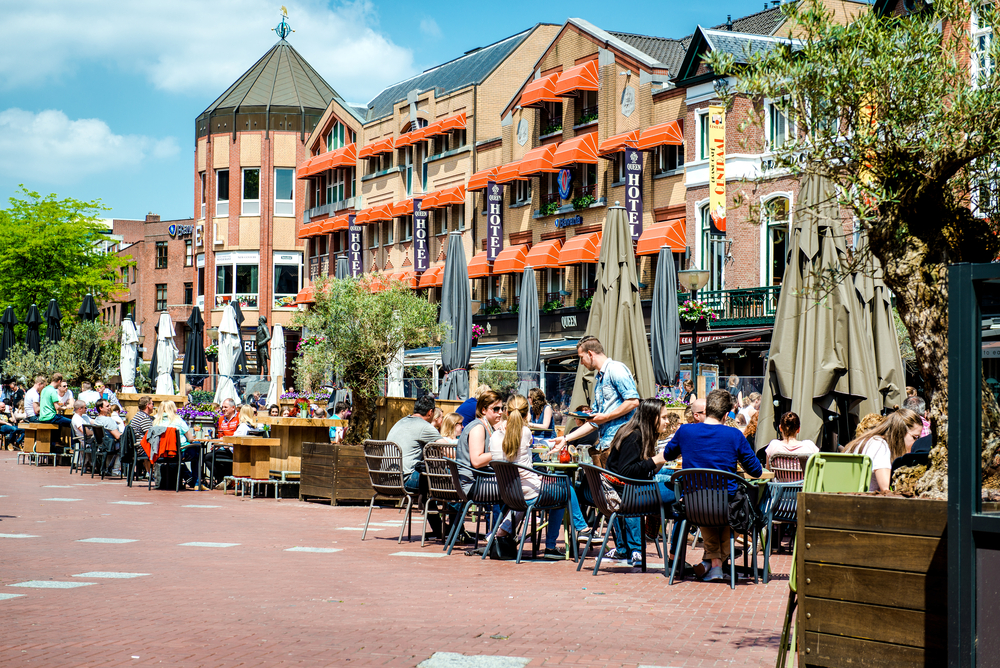After a year and a half of takeaway coffees, the Dutch hospitality sector is finally up and running again. But workers are also running a lot faster than before due to a serious staff shortage — and their employers need to keep them.
The result? A slightly positive effect: for the first time in seven years, there’s an increase in incidental wages (wages outside collective labour agreements) in the Netherlands, reports the NOS.
Catering industry is most affected
Catering establishments in particular are affected by the shortage. A mix between coronavirus infections in the kitchen and a dramatic increase in visitors means many Dutch restaurants and cafes are hard pressed for staff.
An added challenge for employers is that they have to compete with better wages in other sectors. One restaurant owner tells the NOS that the corona crisis has meant some of her staff went to work for the GGD — where they earn a much higher salary.
To prevent existing staff from leaving to work for places like the GGD and to attract new employees, employers are prepared to increase wages.
A study by ABN Amro economist Piet Rietman shows hourly wages in the catering industry have increased from €10.49 last July to €11.08 this year. 🥳
Not enough
However, €11.08 per hour “is still sadly low” according to FNV (Federation of Dutch Trade Unions) Horeca director Edwin Vlek.
According to the trade union, people are working too much for too little money. This is worsened by the fact that permanent contracts are hard to come by in the Dutch catering industry. Vlek also notes that when people leave the catering industry, they rarely come back.
Incidental wage developments in the Netherlands
Piet Rietman, who is conducting a study on incidental wage developments, sees the debate about wages in the catering industry in a different light. According to him, the increase in incidental wages” means that collectively agreed wages will pick up in the coming years.”
The first examples of this can already be seen as wage agreements are 2.3% higher now compared to last July. This is still lower than before the corona crisis, but it’s headed in the right direction!
Do you have experience working in the Dutch catering industry? What do you think of the new developments in wages? Tell us in the comments below!
Feature Image: amoklv/Depositphotos




Workers, in any sector, should be paid for what they are worth, not some one-wage-fits-all (AKA Minimum Wage). We were recently in Rotterdam and at ate at a number of different cafes, restaurants and fast-food establishments. At each and every one it didn’t take an efficiency expert to see that some workers were working much more efficiently and productively (also friendlier) than others yet all were being paid the same hourly rate. Elimination of the minimum wage is the ONLY way to assure workers earn what they should be earning for their dedication and hard work.